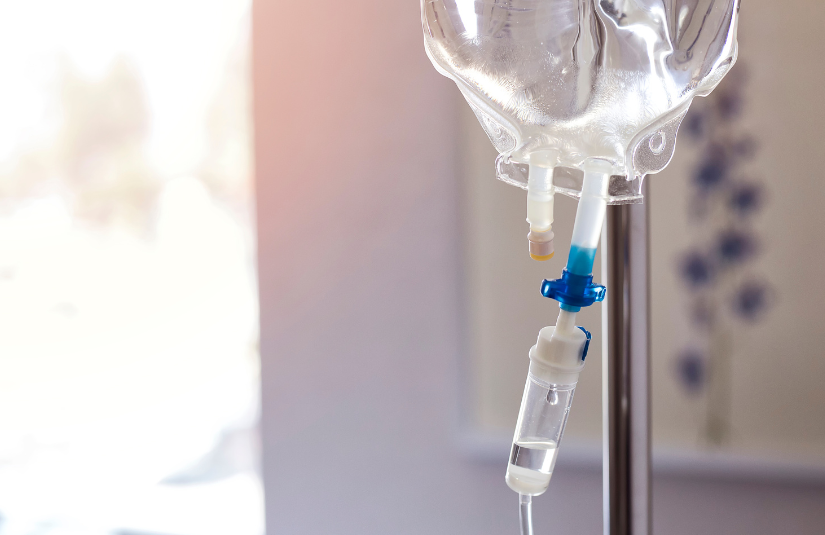The recent shutdown of Baxter’s North Carolina facility, following Hurricane Helene, has led to a national shortage of IV and irrigation fluids. In response, we have been actively working with suppliers and federal agencies to secure additional resources and uphold patient care. Our top priority remains providing the highest standard of care, with all conservation efforts focused on patient safety and strict adherence to clinical best practices.
Below, you’ll find answers to frequently asked questions about the IV and irrigation fluid shortage and how Riverside is currently responding.
1. What is causing the nationwide shortage of IV and irrigation fluids and other medical fluids?
On September 29, 2024, Baxter International, Inc. announced the temporary closure of its North Carolina manufacturing facility due to damage sustained during Hurricane Helene, leading to a halt in production. The facility accounts for 60% of the United States supply of IV solutions and irrigation fluid manufacturing. In response, Baxter and other IV fluid manufacturers have moved to allocation-based distribution, meaning they are only supplying a limited portion of each order to their existing customers and are not accepting new orders. This allocation system has led to a national shortage of IV and irrigation fluids and related supplies across healthcare facilities.
2. How is Riverside Health managing the shortage?
Our priority remains providing the highest standard of care, with all conservation efforts centered on patient safety and adherence to clinical best practices. Riverside has proactively implemented a range of conservation strategies to ensure efficient use of IV and irrigation fluids, collaborating closely with suppliers and identifying approved alternative products when clinically appropriate.
3. How long will this shortage last?
Currently, we do not have a precise timeline for when the shortage will fully resolve. Baxter has indicated that it may take until the end of the year for its North Carolina facility to return to full operational capacity. In the meantime, numerous agencies are working on solutions to support health care systems. Recently, the U.S. Department of Health and Human Services (HHS) announced additional actions to help increase supply through importation of medical fluids.
4. The U.S. Food and Drugs Administration (FDA) announced temporary importation of IV solution and dialysis products from different international manufacturing plants to bolster domestic supply. How soon will hospitals start receiving imported IV products approved by the FDA?
Starting the weekend of October 17, the first shipments of FDA-authorized IV products for temporary importation began arriving in the U.S. Baxter is coordinating with the U.S. Administration for Strategic Preparedness and Response (ASPR) to deliver roughly 18,000 tons of essential IV solutions from global sites across Europe and Asia by the end of 2024. Hospitals nationwide are expected to start receiving these additional supplies over the coming weeks as distribution continues to ramp up, with full access expected by year-end.
This approach is part of a broader strategy by Baxter, supported by federal agencies, to mitigate the impact of Hurricane Helene on IV fluid supply by supplementing the U.S. market with products from facilities in Canada, China, Ireland, and the U.K.
5. Is Riverside canceling any procedures due to the shortage?
No, Riverside is not canceling any procedures at this time. Our conservation strategies are designed to ensure that we can continue providing all scheduled and necessary treatments. If there are any adjustments required in treatment plans, our healthcare teams will communicate with patients directly to ensure they understand any changes.
6. Should I still seek medical care for my health concerns?
Absolutely. We encourage all patients to continue seeking the medical care they need. Riverside’s commitment to high-quality, compassionate care remains unchanged, and we are taking all necessary steps to manage the fluid shortage while maintaining comprehensive healthcare services for our community.
7. Who can I contact if I have concerns about my treatment?
If you have questions or concerns about your care during this time, please reach out to your health care provider at Riverside. Our team is here to support you and answer any questions about how this national shortage may impact your specific treatment.
